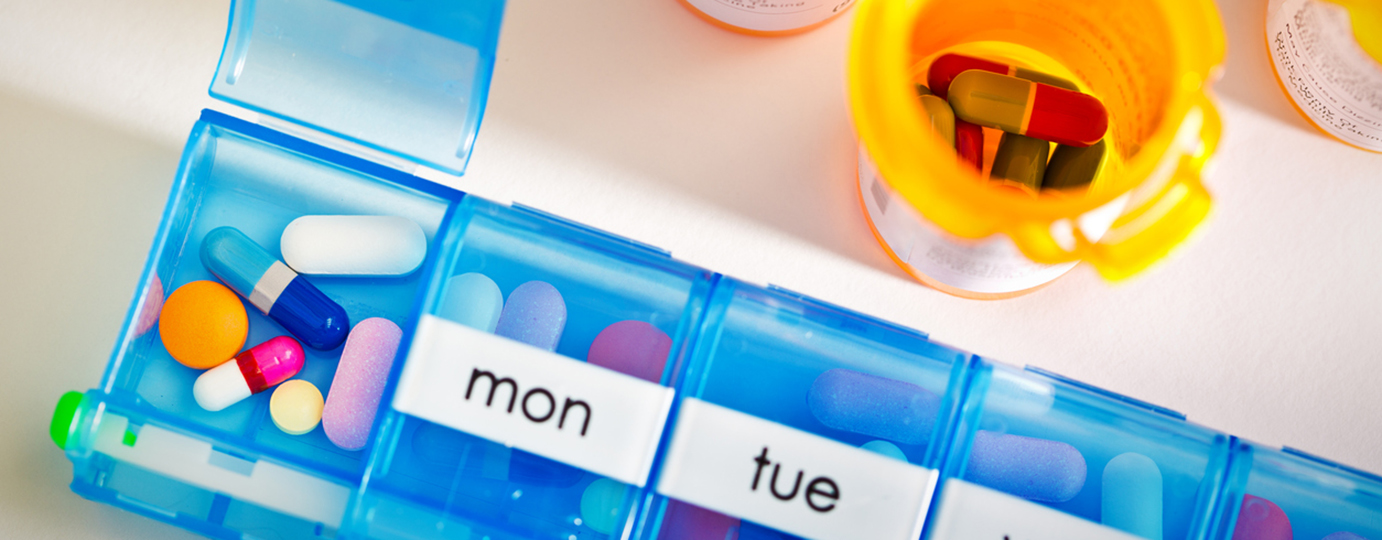According to Statistics Canada, two-thirds of seniors are taking five or more medications per day and one-quarter take 10 or more. While the benefits of these therapies are often clear, there is a darker more sinister side: Adverse Drug Events (ADEs). ADEs can range from the inconvenient (like an upset stomach which goes away) to the more severe such as hospitalization or even death. Some ADEs are unpredictable such as an allergic reaction or intolerance. Others such as interactions between medications, taking too much, or taking too little can be predicted and hence avoided.
Factors known to increase the risk of ADRs include:
- a patient’s age,
- the number of medications,
- recently started a new drug therapy,
- the number of pharmacies and doctors visited, and
- whether or not a patient had been hospitalized during the previous year.
Due to the number of drugs seniors take, other types of drug-related adverse events, as well as their higher prevalence of certain chronic conditions and age-related changes in the body, they are at greater risk for ADEs.
So how can we prevent Adverse Drug Events? Firstly, ask questions. Distinguish between normal and serious side effects. Secondly, make sure you know how and when to take medication. Taking too little or too much can cause serious events. Compliance aids such as pill boxes or timers may help. Some pharmacies even prepare the medication in prepackaged weekly doses to reduce errors. Thirdly, use only one pharmacy and bring your medications record to all doctor appointments. To make sure your record is complete and that you are getting the most out of your medication, you may want to ask your pharmacist to book a meds check. This 20-30 minute appointment is done in a private office setting and can give you insight into your therapy. Take care of yourself and each other.








